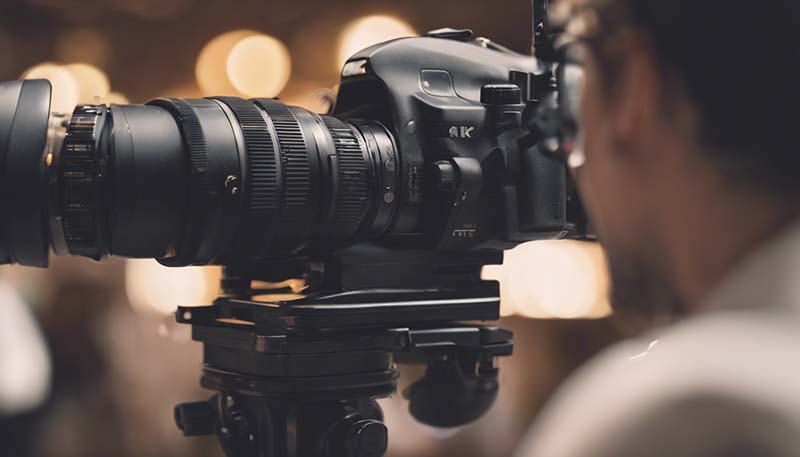Advanced Interview Techniques for Top Performers
Interviews are a crucial part of the hiring process. They provide an opportunity for employers to assess a candidate's skills, experience, and cultural fit. However, traditional interview techniques may not always be effective in identifying top performers. In this article, we will explore advanced interview techniques that can help you identify the best candidates for your organization.
1. Behavioral Interviewing
Behavioral interviewing is a technique that focuses on past behavior as an indicator of future performance. Instead of asking hypothetical questions, interviewers ask candidates to describe specific situations they have encountered in the past. This technique is highly effective because it provides a more accurate picture of how a candidate will perform in a given situation.
Key components of behavioral interviewing:
- Situation: Ask the candidate to describe a specific situation they encountered in the past.
- Task: Ask the candidate to explain the task they were responsible for in that situation.
- Action: Ask the candidate to describe the actions they took to complete the task.
- Result: Ask the candidate to explain the outcome of their actions and what they learned from the experience.
2. Situational Judgment Tests
Situational judgment tests (SJTs) are a type of assessment that presents candidates with hypothetical scenarios and asks them to choose the best course of action. SJTs are effective because they assess a candidate's decision-making skills and ability to handle complex situations.
Advertisement
Key components of situational judgment tests:
- Scenario: Present the candidate with a realistic and relevant scenario.
- Response options: Provide a range of possible responses to the scenario.
- Evaluation: Assess the candidate's choice of response based on its appropriateness and effectiveness.
3. Role-Playing Exercises
Role-playing exercises involve asking candidates to act out specific scenarios or situations. This technique is highly effective because it allows you to observe a candidate's interpersonal skills, communication style, and problem-solving abilities in a controlled environment.
Key components of role-playing exercises:
- Scenario: Create a realistic and relevant scenario for the role-play.
- Role: Assign a specific role to the candidate and provide them with background information.
- Interaction: Observe the candidate's interactions with other participants or simulated characters.
- Evaluation: Assess the candidate's performance based on their communication, problem-solving, and interpersonal skills.
4. Panel Interviews
Panel interviews involve multiple interviewers who ask questions and evaluate the candidate's responses. This technique is effective because it provides a more comprehensive assessment of the candidate's skills and abilities.
Key components of panel interviews:
- Team selection: Choose a diverse and representative panel of interviewers.
- Structured questions: Develop a set of standardized questions for all candidates.
- Collaborative evaluation: Encourage panelists to collaborate and share their observations and feedback.
- Consensus-building: Reach a consensus on the candidate's suitability for the role.
5. Skills and Knowledge Tests
Skills and knowledge tests assess a candidate's technical abilities and subject-matter expertise. These tests are effective because they provide a clear and objective measure of a candidate's qualifications.
Key components of skills and knowledge tests:
- Job analysis: Identify the key skills and knowledge required for the role.
- Test development: Create a test that accurately assesses the candidate's abilities.
- Standardization: Ensure that all candidates are tested under the same conditions.
- Evaluation: Assess the candidate's performance based on established criteria.
Conclusion
Advanced interview techniques can help you identify top performers and make better hiring decisions. By incorporating behavioral interviewing, situational judgment tests, role-playing exercises, panel interviews, and skills and knowledge tests into your interview process, you can gain a more comprehensive understanding of a candidate's skills, experience, and cultural fit. Remember to continually evaluate and refine your interview techniques to ensure that they remain effective in identifying top performers for your organization.

Comment